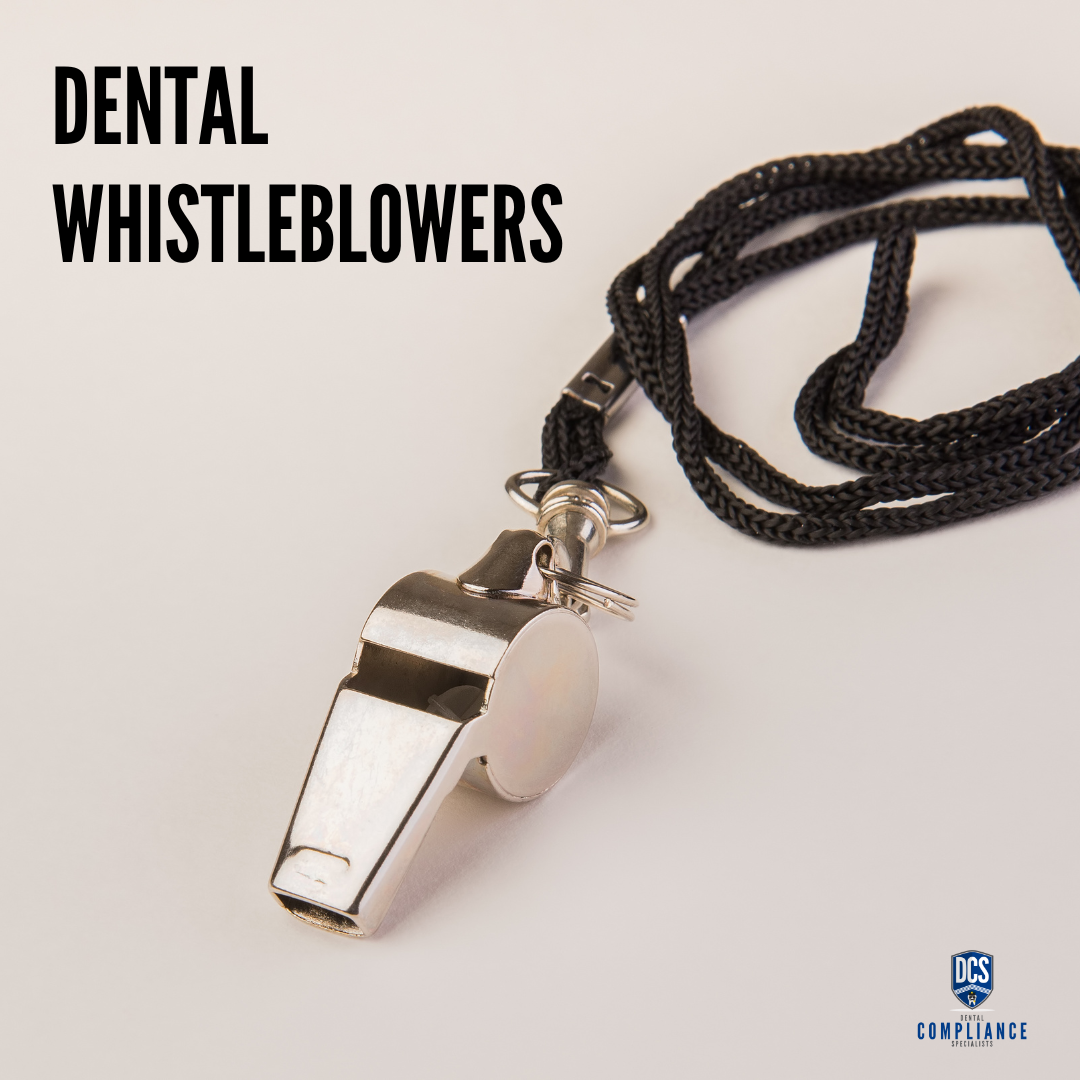Dental whistleblowers are employees who report wrongdoing in the dental industry. This could include patient safety violations, unethical business practices, or even fraud. Whistleblowing can be a difficult decision, but it is an important one. Dental employees have a responsibility to speak up about wrongdoing to protect patients and the ethical practice of dentistry.
If you are considering whistleblowing, it is important to be aware of the potential risks and rewards. Here are some examples of the end result of actual dental whistleblower cases:
- Success: In 2018, a dental hygienist in California blew the whistle on her employer, a dentist who was performing unnecessary procedures and overcharging patients. The hygienist's whistleblowing led to a state investigation and the dentist's license being revoked.
- Mixed results: In 2019, a dental assistant in Texas blew the whistle on her employer, a dentist who was using unsanitary practices. The assistant's whistleblowing led to the dentist being fined and ordered to take corrective action. However, the dentist was not criminally charged or disciplined by the state dental board.
- Retaliation: In 2020, a dental office manager in Florida was fired after she blew the whistle on her employer, a dentist who was falsifying insurance claims. The office manager filed a lawsuit against her employer for retaliation, but she eventually lost the case on appeal.
As these examples show, the end result of dental whistleblowing can vary widely. In some cases, whistleblowers can achieve positive outcomes, such as the closure of a dental practice or the revocation of a dentist's license. However, whistleblowers also face the risk of retaliation from their employers.
If you are considering whistleblowing, it is important to weigh the risks and rewards carefully. You should also speak to an experienced employment lawyer to discuss your options and get legal advice.
Here are some tips for dental whistleblowers:
- Document everything. Keep a record of any wrongdoing you witness, including dates, times, and the names of any witnesses.
- Gather evidence. If possible, collect physical evidence of wrongdoing, such as photos, videos, or emails.
- Speak to an experienced employment lawyer. An employment lawyer can advise you on your rights and help you to develop a plan to safely and effectively blow the whistle.
- Be prepared for retaliation. Unfortunately, some employers may retaliate against employees who blow the whistle. If you are retaliated against, you may have a legal claim against your employer.
Remember, you have the right to speak up about wrongdoing without fear of retaliation.


